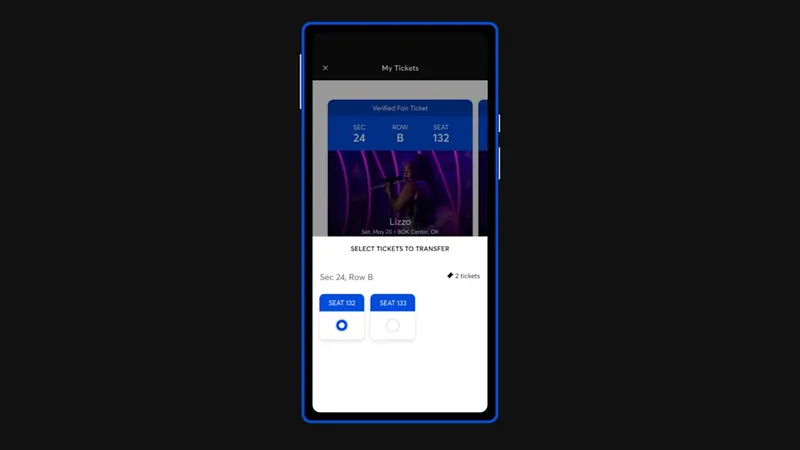
Unlocking the Mind: How AI Mirrors Human Decision-Making
2025-06-24
Author: Arjun
What Drives Our Decisions?
Have you ever wondered how the human brain tackles a brand-new task? It turns out, right from the start, our minds dive into a treasure trove of past experiences, relying on a mental library of tried-and-true solutions.
AI Meets Neuroscience
A groundbreaking study published in PLOS Biology explores the fascinating parallels between human decision-making and an advanced AI algorithm. This innovative model identifies optimal solutions across various tasks, learning to generalize its findings to tackle new challenges effectively.
Lead researcher Sam Hall-McMaster, a cognitive neuroscientist, emphasized the unexpected crossover: "The creator of this model was focused on teaching machines to learn, not to decode human thought processes."
A Fusion of AI and Human Behavior
Under the guidance of Professor Samuel J. Gershman, head of Harvard’s Computational Cognitive Neuroscience Lab, the research aims to bridge the gap between technology and human cognition. Gershman elaborates, "We're investigating whether the brain employs strategies similar to successful AI algorithms in decision-making contexts."
Seeing the Brain in Action
Recent advancements have enabled researchers to utilize neuroimaging to uncover how the brain reflects these complex computational strategies. In a study involving 38 participants, each was scanned using functional Magnetic Resonance Imaging (fMRI) while engaging in a unique video game designed to test decision-making.
The Algorithm at Work
The focal point of the study was the successor feature and generalized policy improvement (SF&GPI) algorithm, developed by Google DeepMind. Hall-McMaster explained, "This system allows for efficient representations that remain adaptable across various contexts. The players demonstrated a fascinating tendency to default to previously successful strategies, even when superior options were at their disposal."
Brain Regions Uncovered
Researchers speculated on the brain areas activated by this SF&GPI-like process. They identified the dorsolateral prefrontal cortex, integral to complex decision-making, as a key player in recalling successful past strategies.
Hall-McMaster illustrated this with a relatable scenario: when a friend spontaneously reaches out for lunch plans, the brain instinctively retrieves the last enjoyed café, leveraging past experiences.
Surprising Findings from Neuroimaging
Though they anticipated involvement from the medial temporal lobe and orbitofrontal cortex—regions that assess potential outcomes—fMRI scans revealed intriguing patterns. The dorsolateral-prefrontal cortex lit up alongside the occipitotemporal cortex, a region primarily linked to visual processing, creating a mental queue of strategies as each gaming round commenced.
However, less activity was observed regarding the reactivation of features tied to earlier solutions.
A Step Toward Understanding the Brain
Hall-McMaster summed up the findings with enthusiasm, stating, "We're uncovering crucial insights into how the brain navigates complex decision-making tasks. Yet, there are still mysteries left to unravel." This research opens new avenues in understanding the symbiotic relationship between human cognition and artificial intelligence.






 Brasil (PT)
Brasil (PT)
 Canada (EN)
Canada (EN)
 Chile (ES)
Chile (ES)
 Česko (CS)
Česko (CS)
 대한민국 (KO)
대한민국 (KO)
 España (ES)
España (ES)
 France (FR)
France (FR)
 Hong Kong (EN)
Hong Kong (EN)
 Italia (IT)
Italia (IT)
 日本 (JA)
日本 (JA)
 Magyarország (HU)
Magyarország (HU)
 Norge (NO)
Norge (NO)
 Polska (PL)
Polska (PL)
 Schweiz (DE)
Schweiz (DE)
 Singapore (EN)
Singapore (EN)
 Sverige (SV)
Sverige (SV)
 Suomi (FI)
Suomi (FI)
 Türkiye (TR)
Türkiye (TR)
 الإمارات العربية المتحدة (AR)
الإمارات العربية المتحدة (AR)